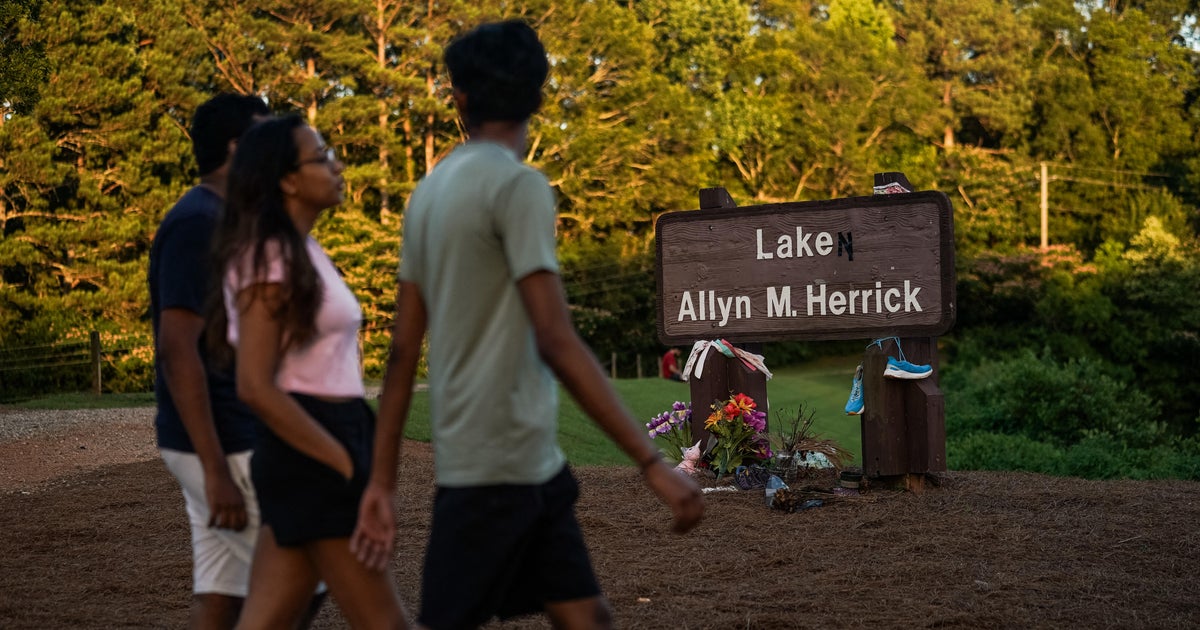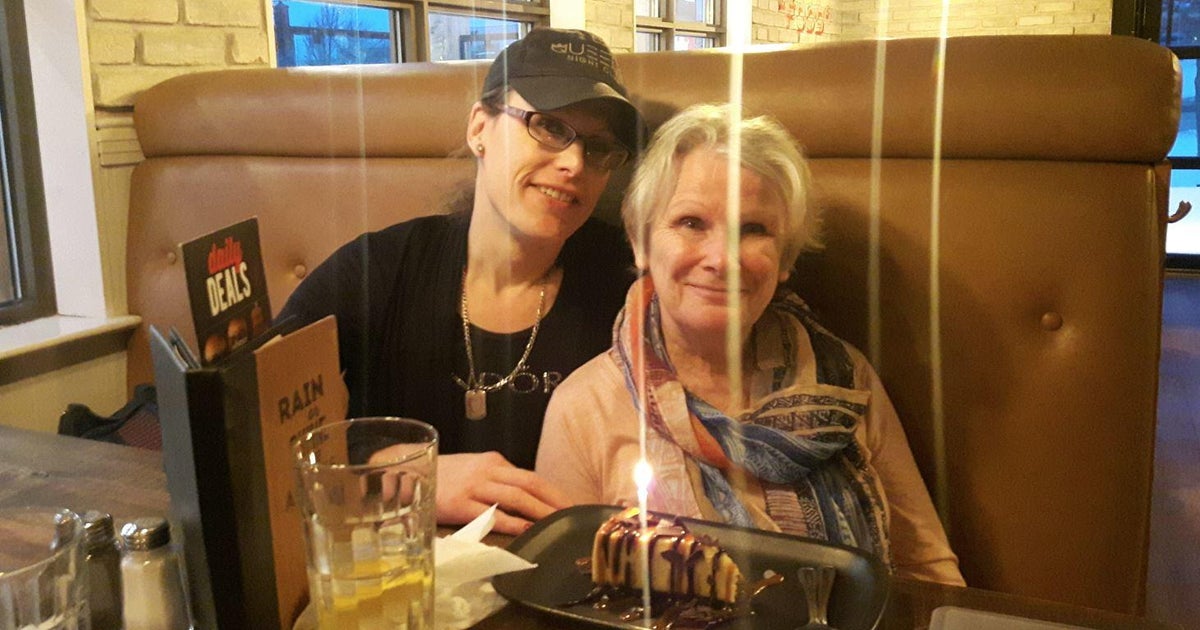The harp strikes a chord in young students
(CBS News) The harp is an ancient instrument that still has the power to transport us, even change lives, as Byron Pitts of "60 Minutes" discovered:
For 13-year-old Kim Walker and her fellow members of Atlanta's Urban Youth Harp Ensemble, this 47-stringed instrument with its heavenly sound transports them from the challenges of urban life to the satisfaction of mastering this most difficult of instruments.
"I'm just so drawn to it," Walker said. "It's, like, when I get up every day I just have to play my harp. I love it."
Pitts asked Jordan Murden why it is cool to play the harp?
"Because there's not a lot of kids that play the harp," Jordan replied. "You have your trumpets and your flutists and the run of the mill percussionists. But who can say, 'Oh, I play the harp,'" he laughed.
Pitts suggested that, in an urban environment, a harp would be a hard sell.
"Yeah, I mean, I kind of thought that at first," said Carolyn Lund, artistic director and full-time harp instructor for the program. "But when I walked in, there were kids just loving it.
"What draws people to it is that it's just so rare and so unique. And you know, these kids, they want to stand out. They want to make a name for themselves. So, they come and try their hand at it."
Over the ensemble's 12-year history, 450 students have tried their hands at the harp, an instrument that dates back to ancient Mesopotamia (now modern day Iraq), and ranges in price from several thousand dollars to upwards of $100,000.
The ensemble is the brainchild of Elisabeth Remy Johnson, principal harpist of the Atlanta Symphony Orchestra, and Roselyn Lewis, a longtime public school music teacher.
Lewis described the "average" student in the program: "We have low income. We do have students who are not. We do have some home schooled students in our program. Many of our students are from single-parent homes, or grandparents' homes."
The harps are donated, and the lessons are free to any interested student.
Donevon Howard has been playing the harp for three years, and says the ensemble is shaking up the perception of the typical harpist.
"What's the reaction when you walk in for an audition? Pitts asked.
"A lot of people aren't expecting, first of all, a male," Donevon said. "And then when they see an African-American male, sometimes they're a little bit hesitant. But I think that we're breaking barriers."
And for some, the harp has changed lives in profound ways, such as Desmond Johnson, whom founder Roselyn Lewis calls one of her miracle children: "I met Desmond here at this school. And Desmond would walk by the harp room. And he couldn't walk by without coming in to sit down and play the harp."
Raised by his grandmother, Johnson admits he wasn't the best academically, and harp class was initially a hard sell.
"When I got in, it was blah," Desmond told Pitts. "You know, I'm a young man, I'm not really interested in playing the harp, 'cause it's kind of girly. So, when I first saw it I didn't want anything to do with it."
But the harp won him over. He said it's responsible for him going to college.
The first in his family to go to college, Johnson is a junior at Georgia State University on scholarship, with his eyes on a master's degree in music.
It's a path forged by Mason Morton, one of the Urban Youth Harp Ensemble's very first students. Morton earned his master's degree in harp performance from Boston University, and is now teaching middle schoolers.
"Do you see yourself in your students?" asked Pitts.
"It's scary how much I do," Morton replied. "A majority of my students are African-American. They're about 12 years old, don't know how to read music. They're starting late, just like me. Andmaybe a few don't have the extra dollars to do other things, just like I did."
What lessons does he hope to teach his students? "To not give up," Morton said. "Don't let anybody tell you you can't do something. And I say to build your own self-esteem."
Instilled through music, and taken to heart by students and teachers alike.
"That's what this program is - it's real stuff, it's real life," said Lund. "It really helps these kids."
"It changes their lives, you think?" Pitts asked.
"It really does. We have so many stories of kids who weren't sure what they were going to do after high school. And I think that they come to this program, and it just kind of makes them feel like they're not alone."
"Who knew a harp could do all that?" said Pitts.
"I just think it's a magical instrument, I really do," laughed Lund.
For more info:



